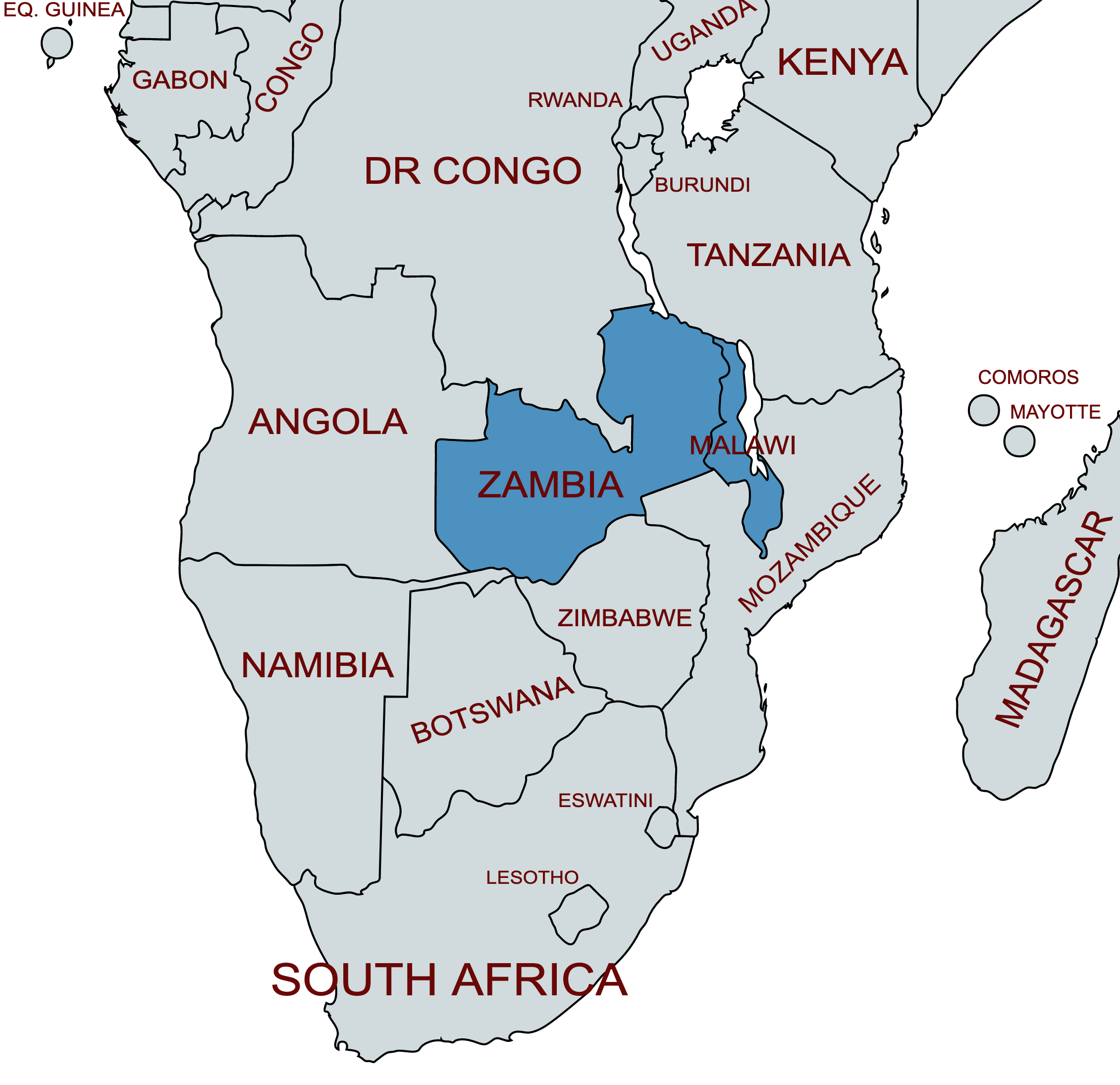Improving Incomes and Nutrition Security Through Development and Commercialization of Consumer Preferred Processed Legume-based Products in Malawi and Zambia
Principal investigator/Lead institution: Dr. Robert Fungo, Alliance of Bioversity International and CIAT
Collaborating institutions:
Feed the Future Agriculture Diversification (AgDiv) Activity, Malawi
Lilongwe University of Agriculture and Natural Resources, Malawi
National Bean Program, DARS – Chitedze, Malawi,
Virginia Tech, U.S
National Bean Program, ZARI-Misamfu Regional Research Station, Zambia,
Trinity Super Foods, Zambia
University of Zambia, Zambia
Works in: Malawi and Zambia

Project Overview
Most agro-processing in the majority of African countries is carried out by small and medium enterprises (SMEs) that are hindered by unavailable quality raw materials, lack of market information, especially consumer demand, inadequate knowledge on consumer preferences, product formulation, processing and packaging, limited access to appropriate technologies to reduce food loss, wastage and nutrient leakage, and insufficient knowledge on food safety standards.
However, some of these SMEs are still at early stages of development and thus need support to expand production and meet consumer demand. This project will provide immediate support to SMEs in Zambia and Malawi through (i) providing market information on the demand of value-added bean-based products, and (ii) testing promising value-added bean-based products and catalyzing commercialization.
This will entail implementing several sequential activities: i) a rapid market assessment of legume-based processed foods and ii) assessing the superiority of value-added legume-based products and processing technologies with potential to increase safe and nutrient density in products and legume utilization. Thereafter the findings in the first two research activities will be used to conduct a third (iii) activity conjoint based analysis of consumer preferences for legume processed products. The results of the fourth (iv) activity of analysis of quality attributes and acceptability of legume-based products dried using bubble dryers and non-conventional technologies will be used to feed into the fifth (v) activity of optimization of the identified legume-based product formulations and recipes. The findings of optimization will be fed into a sixth (vi) study of an experimental auction study. In addition to the above sequenced activities, the project will implement parallel activities, including i) developing protocols for industry to produce shelf stable legume products developed and commissioning a review of the current country policies for processing and value addition industry for legumes. Project findings will be share with relevant stakeholders by the end of the project,
Environmental Impact
This project will be used to scale out processing of value-added legume based precooked and flour based products to supply consumers, the product which is easy to cook in less than 40 minutes compared to 2-3 hours home kitchen time, affordable relative to dry grains and does not require cold storage. The intervention seeks to substitute the precooked legumes for the dry legumes that are slow to cook and relying on costly wood and emitting fuels that pose risks to the environment.
Click here to download the Project Fact Sheet
Want to learn more?
Presentation at the 2022 Global Legume Lab Convening.



